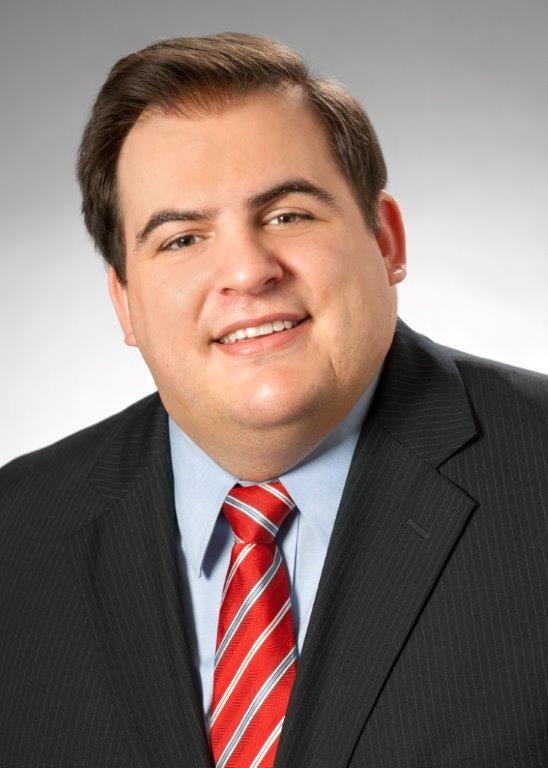MRR Article: Has the Supreme Court of Ohio Done Away with the Delayed Damages Rule?
By: Mike Byrne & Joe Nicholas
The Supreme Court of Ohio dealt a win for insurance agents and agencies with its January 31, 2018 decision in LGR Realty, Inc. v. Frank & London Ins. Agency, Slip Opinion No. 2018-Ohio-334. In a 5-2 decision, the Court held that the delayed-damage rule does not apply to a cause of action alleging negligent procurement of a professional-liability insurance policy or negligent misrepresentation of the terms of the policy when the policy at issue contains provisions specifically excluding the type of claim that the insured alleges it believed was covered by the policy. Instead, the cause of action accrues on the date the policy is issued.
By way of background, Frank & London Insurance Agency (“F&L”) procured a real estate agents’ errors and omissions liability policy for LGR Realty, Inc. (“LGR”) with effective dates of May 12, 2010 through May 12, 2011. The policy included a specific endorsement excluding any claim against LGR by Plaza Properties. During the policy period, a liability claim was made against LGR with regard to a lawsuit captioned Milligan Communications LLC v. Plaza Properties, Inc. LGR’s carrier denied coverage on April 26, 2011, citing the Plaza Properties exclusion.
On April 17, 2015, LGR filed a Complaint against F&L, alleging negligent procurement and misrepresentation. F&L moved to dismiss, arguing that the cause of action was barred by the statute of limitations as it had accrued on May 12, 2010 when the policy went into effect. In opposition, LGR relied on the delayed damages rule previously articulated in Kunz v. Buckeye Union Insurance Co., 1 Ohio St.3d 79 (1982), to argue that the claim did not accrue until it had suffered an injury when coverage for the claim was denied on April 26, 2011, and as such, the complaint was not time-barred. The trial court found for F&L, and LGR appealed. On appeal, the Tenth District Court of Appeals reverse, finding that Kunz had not been overruled. F&L appealed.
It is undisputed that the four year statute of limitations set forth in R.C. 2305.09(D) is applicable in insurance agent negligence cases. However, the dispute over when that statute of limitation begins to run has been ongoing since the Supreme Court of Ohio’s decisions in Investors REIT One v. Jacobs, 46 Ohio St.3d 176 (1989) (holding that the legislature’s express inclusion og a discovery rule for certain torts arising under 2305.09 implies the exclusion of other torts arising under the statute, including professional negligence), and Flagstar Bank, F.S.B. v. Airline Union’s Mtge. Co., 2011-Ohio-1961 (holding that a cause of action for negligence exists from the time the wrongful act is committed). While Justice DeWine’s concurring opinion in LGR Realty, Inc. makes it clear that he believes Kunz has now been eroded to the point of being overruled, the Court’s majority decision still does not go quite that far.
The majority provides an in-depth analysis of Kunz in an effort to distinguish it from the case at bar. In Kunz, the insured previously owned several insurance policies that provided all-risk coverage. These policies were then consolidated into a single policy, with the insured mistakenly continuing to believe that the all-risk coverage remained in place. Therefore, the insured’s right to recovery would be barred before they are even aware that they have been injured. In contrast, when LGR purchased its policy, it already contained the entity exclusion relied upon to deny the claim, and as such, the harm to LGR was complete and the claim accrued the day the policy was issued. Given this minute, in not non-existent, distinction, it is not hard to understand Justice DeWine’s reasoning in concluding that “[t]he majority’s opinion today and the decision in Kunz cannot both be the law.”
However, the majority insisted that they need not reach the issue of Kunz in order to decide the case. Moreover, the opinion uses very specific language to narrow the applicability of the holding; referring only to professional-liability insurance policies, and provisions creating specific exclusions. Despite those efforts, it is not difficult to see how these could easily be expanded to apply in situations involving other types of policies, or instances where there is merely a lack of coverage, as opposed to excluded coverage. While the confusion regarding the delayed-damages rule has not been officially put to rest, its applicability to insurance agent negligence matters is now hanging by a thread.
For more information on this decision and related topics, contact Mike Byrne at mbyrne@mrrlaw.com or Joe Nicholas at jfn@mrrlaw.com.


